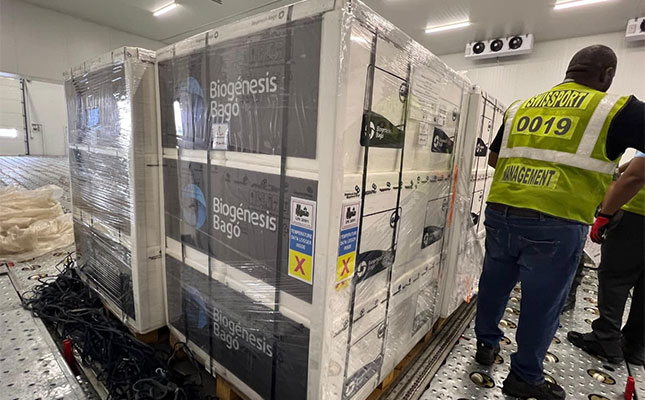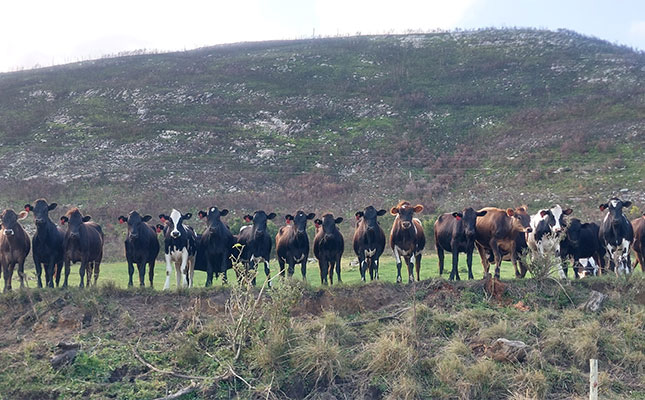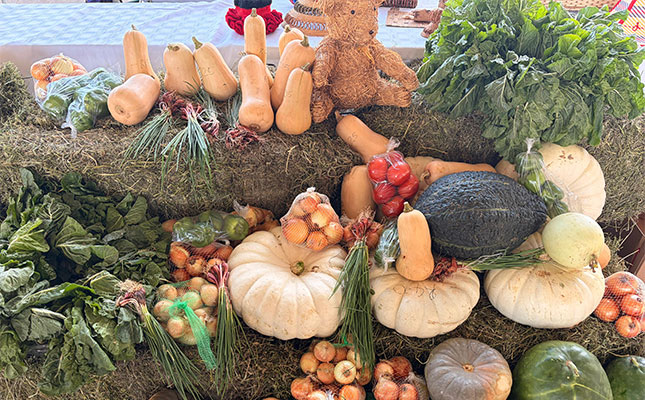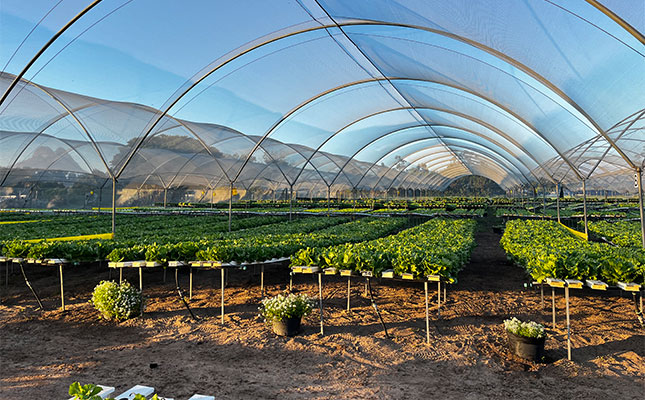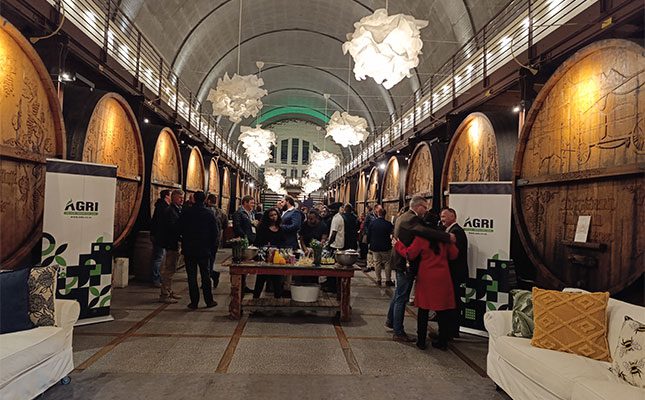
Jannie Strydom, CEO of Agri Western Cape, said the initiative was launched to foster collaboration and create a platform for Agri Western Cape and its partners to share insights and work towards the goal of advancing agricultural sustainability.
He noted that the value of Agri Western Cape is difficult to quantify, so he used an
artificial intelligence-generated image to illustrate the organisation’s role.
In the image, a bakkie symbolised a farming business, with the driver representing
the farmer – responsible for keeping the “business” on the road by steering through
challenges, braking, or shifting gears, whether through diversification or other
strategic decisions.
Agri Western Cape, he explained, was represented by the windscreen and wipers of
the bakkie.
“Our role is to address issues outside the farm gate, such as navigating complex
regulations, improving market access and enhancing infrastructure, so farmers can
focus on what they do best and the things they can control.”
The road in the image was made of dirt, illustrating that farmers often travel rough
paths – filled with potholes and slippery stretches – and that it takes a unique type of
person, with a special skillset and deep resilience, to deal with the challenges of
modern farming.
Strength and reach
This sentiment was echoed by Louis Wessels, Agri Western Cape manager: legal
services and administration, who highlighted the strength and reach of the
organisation.
Agri Western Cape, he said, is the largest member of Agri SA, representing over
3 500 members through 89 agricultural associations across the province.
Wessels said he measured the effectiveness of the body using three key metrics.
The first is market share: Agri Western Cape represents the majority of the
province’s producers, a remarkable figure given that membership is entirely
voluntary.
The second is member commitment. With 97% of members contributing voluntary
levies, the organisation enjoys a high level of buy-in and trust.
The third metric is the organisation’s ability to adapt and remain relevant. To illustrate
this, he reflected on the deep roots of organised agriculture in the province. The first
agricultural association established, to their knowledge, was the Groote Post
Agricultural Association founded in 1807.
While Agri Western Cape itself was established in 1979, it maintains minutes from
the Cape Agricultural Union dating back to 1913, reflecting a longstanding tradition of
agricultural representation.
“Many of our regional associations are over a century old, with five celebrating their
centenaries this year. This is something to be proud of, but also brings great
responsibility to ensure we remain adaptable and relevant for generations to come,”
Wessels said.
He highlighted how the entity has been actively adapting since 2018 to expand its
influence and impact.
Efforts have included the strengthening of communication and the formation of more
strategic partnerships, particularly with government stakeholders to proactively
address a wide range of challenges.
These ranged from COVID-19 pandemic-related movement restrictions to the risk of
expropriation without compensation, ongoing issues with logistics, port inefficiencies,
service delivery failures and electricity supply constraints.
Among others, he touched on the organisation’s interaction with the Department of
Mineral Resources, which was becoming increasingly important as more than
300 000ha of agricultural land was currently facing prospecting applications, posing
a direct threat to food production and land use.
It is also in the process of developing a memorandum of understanding with the
Department of Transport to explore solutions for upgrading and maintaining rural
roads – even in cases where no public funding is currently available.
In addition, it has helped to establish the Overberg Water Users’ Association to
address regional water supply issues.
“Nobody can predict what the future will hold. But experience and our vision for the
future tell us that challenges are unlikely to become fewer and easier. The only way
to overcome them is by cultivating relationships with like-minded partners, who share
our goal of strengthening the agriculture sector.”
Get trusted farming news from Farmers Weekly in Google Top Stories.
➕ Add Farmers Weekly to Google ✔ Takes 10 seconds · ✔ Remove anytime

